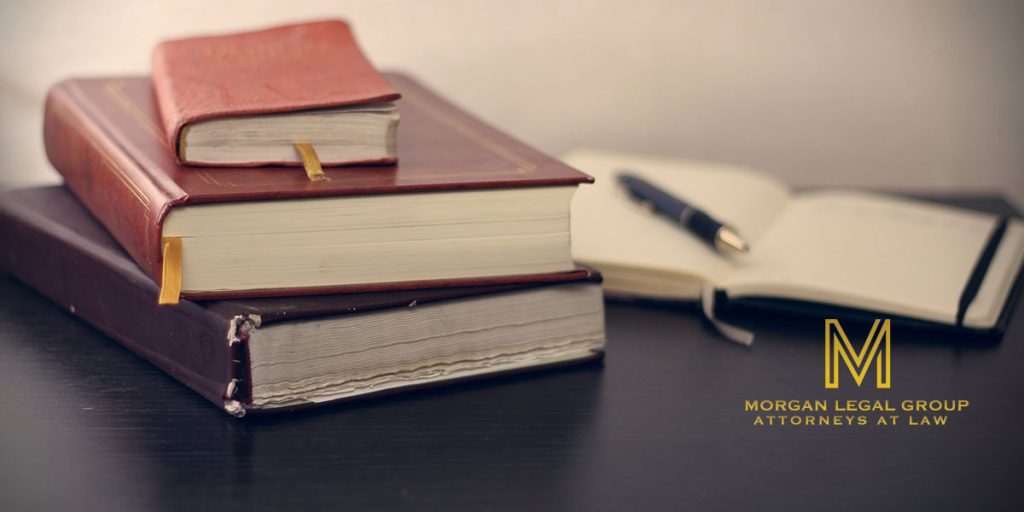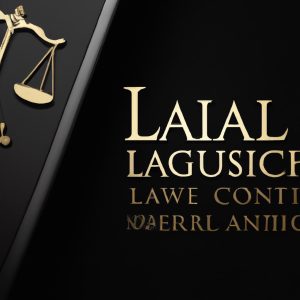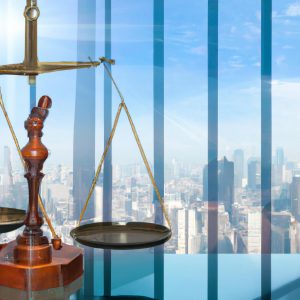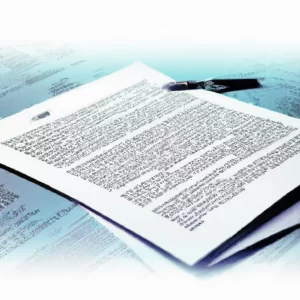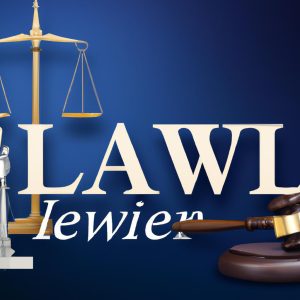Probate Proceedings in New York: Navigating the Estate Transition
When a loved one passes away, the process of distributing their assets and settling their affairs may involve probate proceedings. In New York, probate is the legal process by which a deceased person’s estate is administered and distributed to beneficiaries or heirs. Probate proceedings are designed to ensure the orderly transfer of assets, payment of debts, and resolution of any potential disputes.
Understanding Probate in New York
Probate is supervised by the Surrogate’s Court in the county where the deceased person lived. The court oversees the administration of the estate, validates the will (if one exists), appoints an executor or administrator, and ensures that the decedent’s wishes are carried out according to New York state law.
Probate proceedings involve several key aspects:
1. Filing the Will
If the decedent left a valid will, it must be filed with the Surrogate’s Court in the appropriate county. The court reviews the will’s validity and appoints an executor named in the will. If there is no will, the court will appoint an administrator to oversee the estate.
2. Inventory and Appraisal
The executor or administrator is responsible for creating an inventory of the decedent’s assets, including real estate, bank accounts, investments, personal property, and more. Appraisals may be required to determine the value of certain assets.
3. Payment of Debts and Taxes
Before distributing assets to beneficiaries, the estate’s debts and taxes must be settled. This may involve paying off outstanding loans, credit card debts, medical bills, and federal and state taxes.
4. Asset Distribution
Once debts and taxes are paid, the remaining assets are distributed to beneficiaries or heirs as specified in the will or according to New York’s laws of intestacy if there is no will.
Types of Probate Proceedings
In New York, there are different types of probate proceedings:
1. Informal Probate
Informal probate is a simplified process used when the will is uncontested, and all interested parties agree on its validity. The court validates the will and appoints the executor without the need for formal court hearings.
2. Formal Probate
Formal probate is necessary when there are concerns about the will’s validity, potential disputes, or challenges. The court closely oversees the process, and interested parties have the opportunity to voice their objections.
3. Ancillary Probate
Ancillary probate is required when the decedent owned out-of-state property. It ensures that the property located outside of New York is properly transferred to beneficiaries or heirs.
The Importance of Seeking Legal Assistance
Probate proceedings can be complex and overwhelming, especially during a time of grieving. Seeking the guidance of an experienced probate attorney, such as Morgan Legal Group PLLP, can offer numerous benefits:
1. Expert Guidance
An attorney can navigate you through the intricacies of probate, ensuring all legal requirements are met and deadlines are followed.
2. Minimizing Disputes
With legal guidance, the chances of disputes among beneficiaries can be minimized. An attorney can help resolve conflicts and mediate disagreements.
3. Efficient Process
An attorney can streamline the probate process, helping to expedite asset distribution and estate settlement.
Conclusion
Probate proceedings in New York are vital in the transition of a deceased person’s estate. Navigating the complexities of probate can be challenging, but with the help of Morgan Legal Group PLLP, you can ensure a smooth and efficient process. Contact us today to learn how our experienced probate attorneys can provide you with expert guidance and support during this crucial time.

